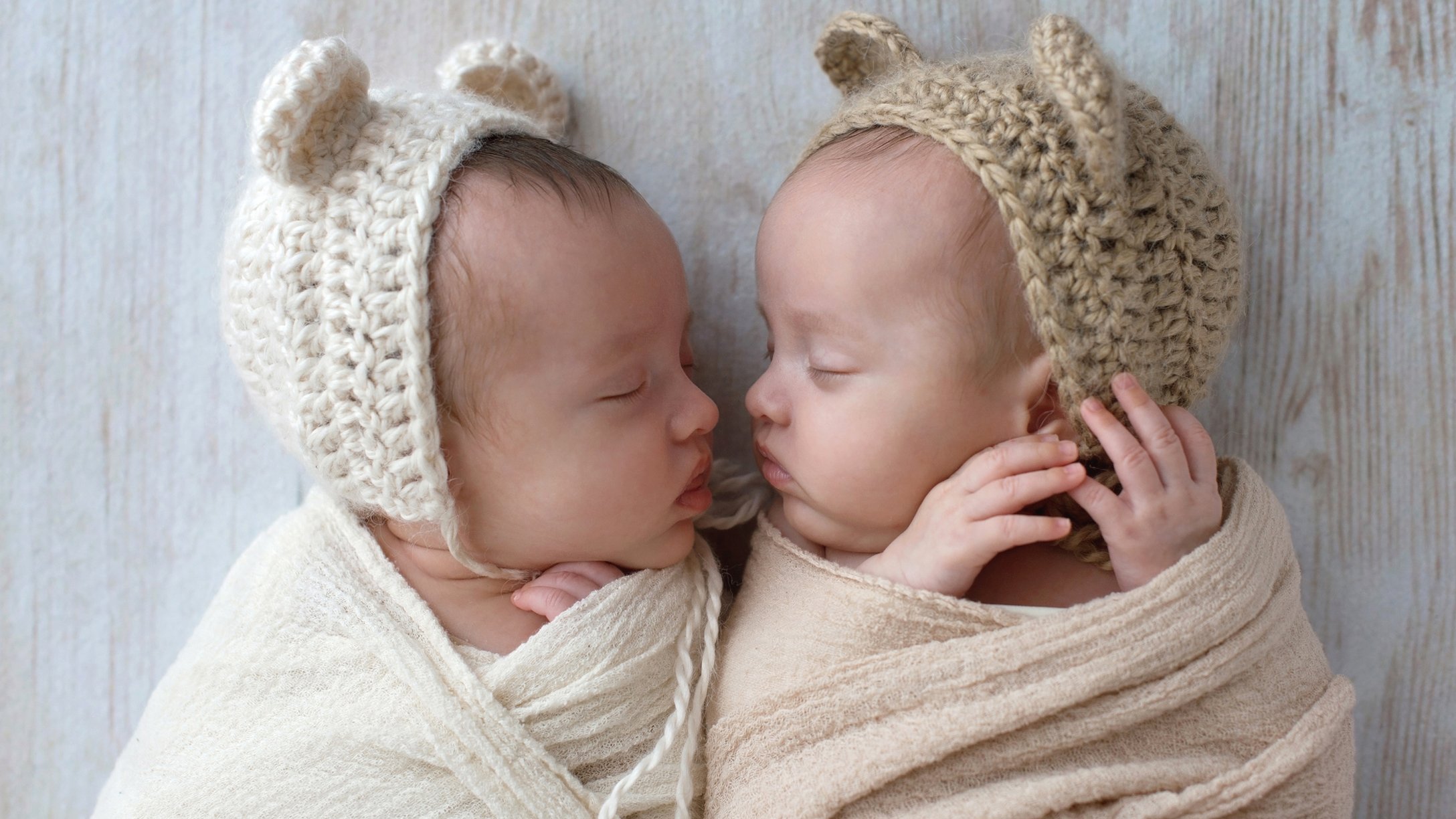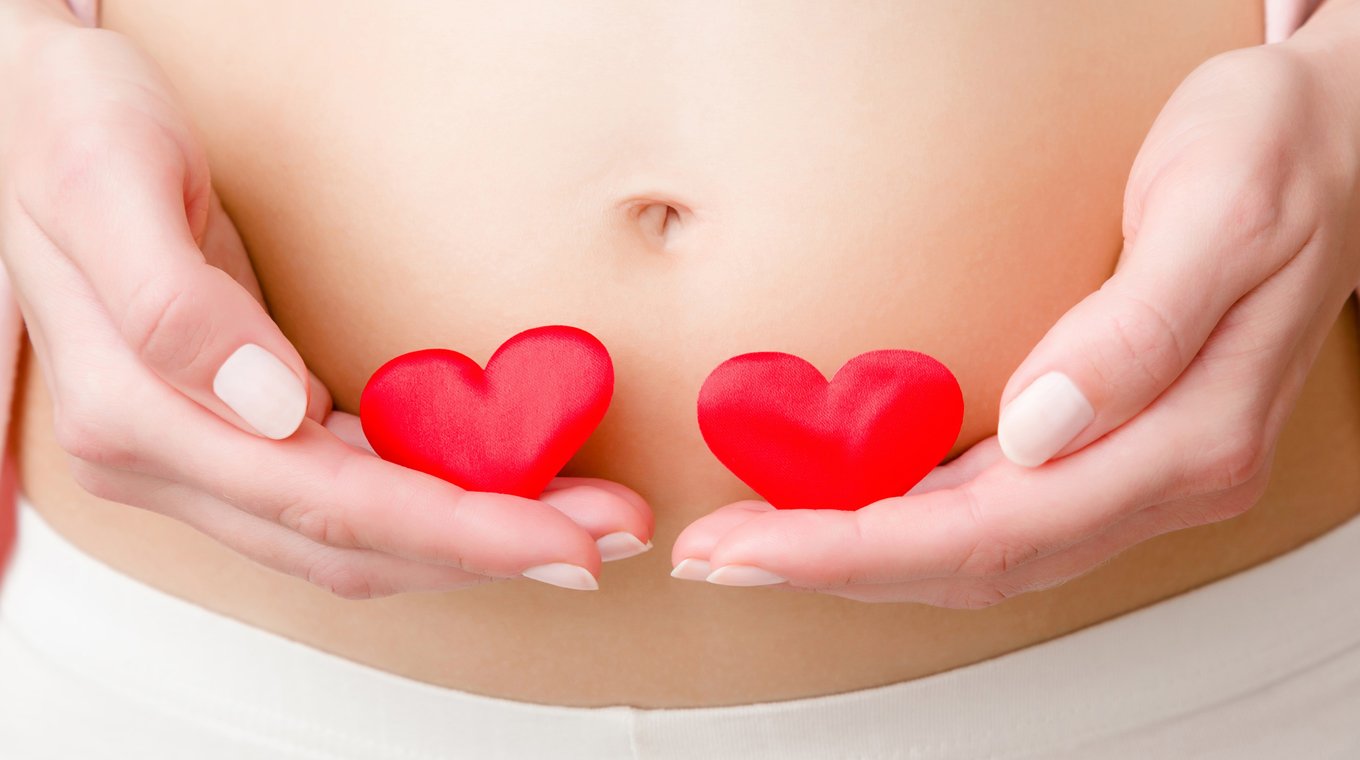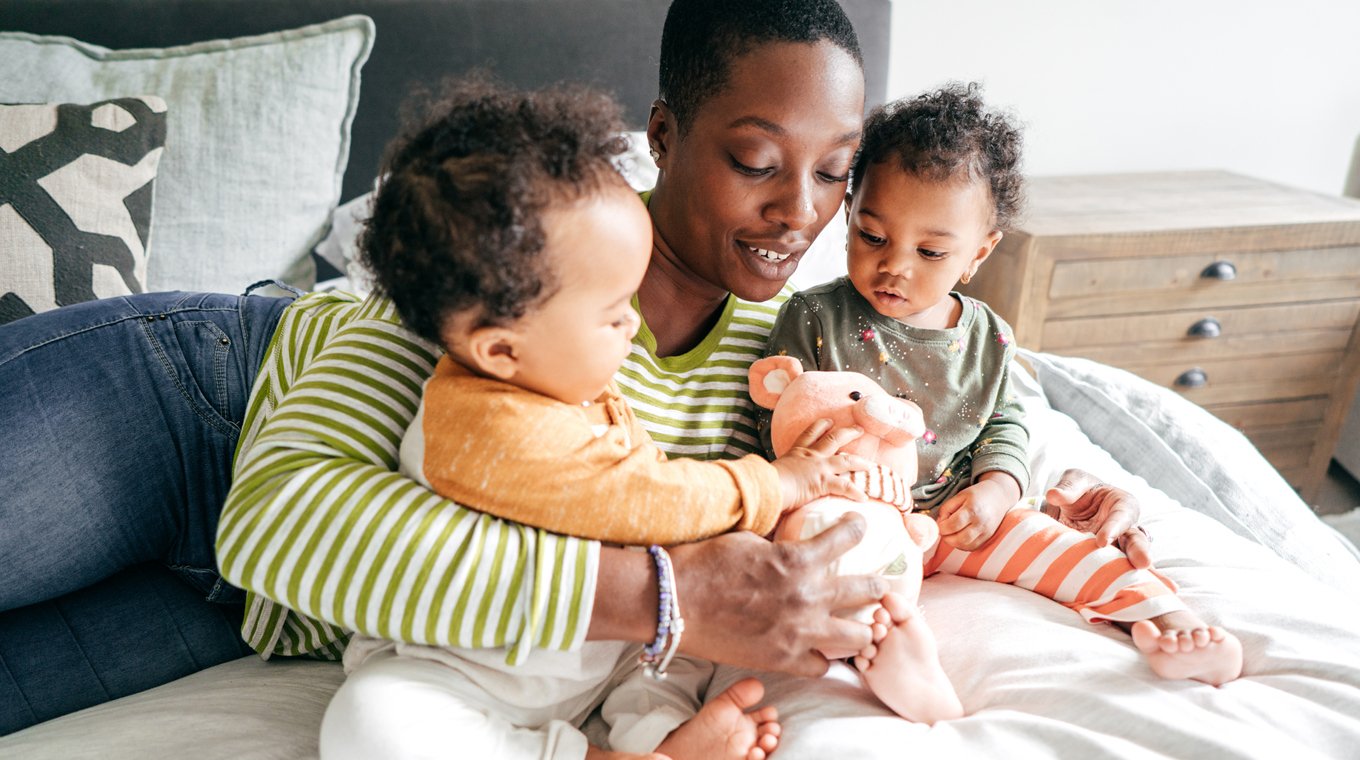
In this article
In my 8th grade class, there was a set of triplets. Not only was that cool, they were also the youngest in a family with 13 children and multiple sets of multiples.
If you want to increase your chances of conceiving twins, there are several things you can do even without a family history of multiples.
Keep in mind that experts, such as Dr. Eduardo Hariton of the University of California San Francisco, advise against trying to have twins due to increased risks.
“I would never recommend anyone to try to have twins on purpose as it puts the mom and the babies’ health at much higher risk compared to a single pregnancy,” Dr. Hariton told Mom.com. “I recommend that all women who are considering electively trying for twins have a consult with a high-risk obstetrician so they understand the risks to their future babies and themselves.”
What are your chances of conceiving twins?

Twins account for 3% of the population with a major increase seen in recent decades. While some cases of twins are the result of the genetic lottery, the 75% increase of twins in the last 30 years has more to do with fertility treatments and age than it does family history.
There are other factors that can increase a woman’s chance of conceiving twins. One is the genetic link to having twins run in the family. Women who are themselves a twin have a one in 60 chance of conceiving twins, while males who are a twin have a one in 125 chance of having twins.
Older women and multiples

iStock
Age is another factor. Women who wait until they are older to have children are more likely to conceive twins. Most people assume this is due to fertility treatments, but this is also true for women who aren’t using in vitro or fertilization methods to assist with conceiving. Women over the age of 30 are more likely to release more than one egg when they are ovulating.
By releasing more than one egg, a woman increases her chances that sperm will fertilize more than one resulting in twin conception. Chances are increased if a woman is over the age of 35 and has already had one baby. If you want to give birth to twins, you give yourself a better shot if you are between the ages of 35 and 40.
Fertility treatments and twins
Fertility treatments are hormone treatments that work to increase the number of eggs released during ovulation. With more eggs being released, women increase their chances of conception as well as chances of having twins. Just like when a woman is older and there is an increased likelihood of two eggs being released, those taking fertilization drugs increase their chances of sperm fertilizing two released eggs.
There are two primary fertility treatment types: oral fertility medications and fertility injections. Oral medications, such as clomiphene, boost the body’s ovulation hormones. Gonadotropins are injections that increase amounts of two ovulating hormones, follicle-stimulating hormone (FSH) and luteinizing hormone (LH). Both treatment types tell the brain to produce more eggs, thus improving the opportunities to fertilize multiple eggs.
In vitro fertilization
In vitro fertilization (IVF) takes a woman’s unfertilized eggs and a man’s sperm and then fertilizes the eggs. This is known as assisted reproductive technology (ART). Doctors will fertilize more than one egg to then implant into a woman. They are left to incubate before being put back into the woman’s uterus as an embryo.
In many cases, more than one embryo is placed in the uterus since not every embryo will properly implant and grow. Because multiple embryos are put in, there is an increased chance of two or more attaching. This is one of the more common ways of women seeking to improve their chances of having twins is achieved.
Other factors that make twin pregnancies happen

iStock
Women with more body mass are also thought to have a higher likelihood of conceiving twins. There is still research needed to prove and understand this observation but doctors hypothetically state that the increase of nutrients might increase the chances of twins.
Small studies also link taking folic acid prior to conceiving to increasing the chance of conceiving twins. Folic acid is a supplement recommended by doctors for women trying to become or already are pregnant. It is known to reduce the chances of neural tube defects such as spina bifida. More research is needed on taking supplements to increase the chances of conceiving twins.
Regardless of whether it helps conceive twins or not, taking supplements will help your body have the nutrients to support two growing babies which is a big demand on a woman’s body.
Mom of twins Elaine Wang explains her nutritional concerns through week 22. “I was so sick and dehydrated. I was worried that they weren’t getting the nutrients they needed,” Wang told Mom.com. “I had lost 10 pounds during that time before I started feeling better.”
Having twins is a great way to raise kids together but is a lot of work both during pregnancy and while they’re growing up. Be sure to consult your doctor to review all the risks during a twin pregnancy.




